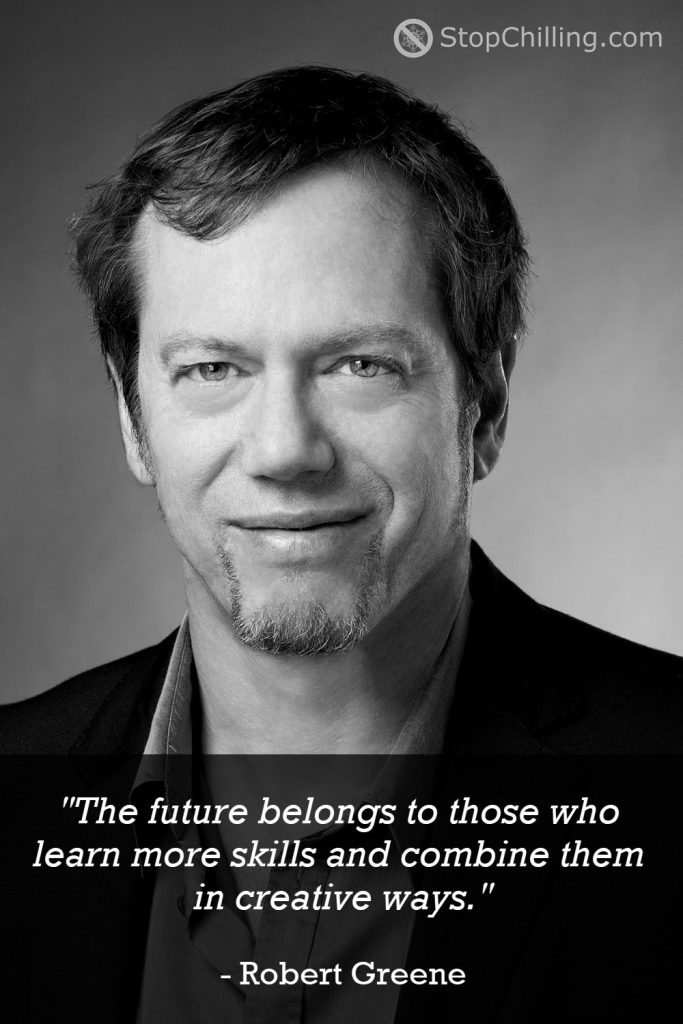In my previous article, “The Importance of Life Skills for Happiness”, I explored how mastering essential life skills can lead to greater happiness and fulfillment. Now, it’s time to take action. If you’ve ever felt stuck or unsure how to improve your daily life, this guide is for you.
For adults, life skills aren’t just about practical knowledge. They shape how we navigate relationships, manage stress, and build a successful future. The good news? It’s not uncommon to feel as if a less than ideal childhood may have robbed us. We may fear that we’ve missed our opportunity to thrive among our peers. But it’s never too late to develop these skills. Below, we’ll revisit the five key skills from my previous post. Then we’ll explore the most accessible ways to develop each—no matter where you’re starting from.
1. Communication Skills
The ability to express yourself clearly and listen effectively impacts every area of life—your career, relationships, and social interactions. Strong communication skills help prevent misunderstandings, resolve conflicts, and build deeper connections.
How to Sharpen Communication Skills:
• Practice active listening – The next time someone speaks, focus entirely on their words instead of planning your response. Nod, ask follow-up questions, and summarize their points before sharing your thoughts.
• Expand your vocabulary – Read books, listen to podcasts, and learn new words daily to improve articulation.
• Join a public speaking group – Organizations like Toastmasters offer a supportive environment to improve confidence in speaking.
• Write more – Keeping a journal or writing short summaries of your thoughts daily will help clarify your ideas and improve written communication.
“If you can think, speak, and write, you are absolutely deadly. Nothing can get in your way. That’s why you learn to write. It’s not to get a grade. It’s because there is nothing more powerful than someone who can articulate and think.”
– Jordan Peterson
2. Critical Thinking and Problem-Solving
Strong problem-solving skills help you adapt to new challenges, make better decisions, and avoid impulsive reactions. Critical thinking ensures you analyze situations logically rather than reacting emotionally.
How to Improve Critical Thinking:
• Question assumptions – When faced with a problem, ask yourself: “Is this the only way to see the situation? Are there alternative explanations?”
• Engage in debates – Join a discussion group, participate in forums like Reddit’s Change My View, or play strategy-based games that require logical thinking. But avoid getting into divisive arguments about hot-button topics online. Social media has dragged too many souls down into that pit of futility.
• Learn from experts – Read books like “Thinking, Fast and Slow” by Daniel Kahneman to understand how biases impact decision-making.
• Solve real problems – Start small: identify a minor inconvenience in your daily routine and brainstorm at least three ways to improve it.
3. Emotional Intelligence
Emotional intelligence (EQ) is your ability to recognize, understand, and manage your own emotions. At the same time, it also includes being able to navigate the emotions of others. It’s a critical life skill for adults, impacting personal relationships, workplace interactions, and overall well-being.
How to Develop Emotional Intelligence:
• Practice self-awareness – Spend five minutes each day journaling about your emotions. What triggered a certain feeling? How did you react? This builds emotional clarity. Also, notice that this is the second suggestion in this article to write daily. Journaling can be a life changer – like turning the lights on in a dark room. How so?
• Improve your empathy – When in conversation, actively listen without interrupting. Try to truly understand the other person’s point of view before responding. And, also notice that this is the second suggestion in this article to listen actively. Successful people have certain habits/skills that support them in multiple ways. Once you know what to look for, you’ll see the pattern of success skills in those who excel. Eureka!
• Learn from feedback – Ask trusted friends or colleagues how you handle stress or conflicts. Their insights can help you recognize blind spots in your emotional responses. Seek constant correction.
• Take an EQ course – Consider online platforms like SkillShare, Coursera, and Udemy. They offer affordable emotional intelligence courses that can fast-track your growth.
4. Financial Literacy
Many adults struggle with money management simply because they were never taught how to handle finances effectively. But financial literacy is one of the most practical life skills for adults—it gives you control over your financial future.
How to Boost Financial Literacy:
• Track your spending – Use a budgeting app like YNAB (You Need a Budget) or Mint to see exactly where your money goes.
• Start with one personal finance book – “The Psychology of Money” by Morgan Housel or “I Will Teach You to Be Rich: The Journal” by Ramit Sethi are great starting points.
• Set financial goals – Whether it’s saving for an emergency fund, paying off debt, or investing, set clear financial targets with deadlines.
• Learn about investing – Even if you start small, opening an investment account and putting away $10 a month builds good habits.

5. Adaptability
Adaptability is one of the most critical life skills for adults. Whether it’s adjusting to new technology, navigating career shifts, or handling unexpected personal challenges, those who embrace change rather than resist it are more likely to thrive. Adaptability isn’t just about survival—it’s about seizing opportunities and growing from every experience. The internet is full of examples of people getting triggered and melting down. These behaviors are symptoms of a lack of adaptability. Protect yourself.
How to Develop Adaptability:
• Reframe challenges as opportunities – Instead of seeing change as a threat, train yourself to ask, “What can I learn from this?” This mindset shift makes adaptability second nature.
• Step outside your comfort zone regularly – Try new experiences, take on unfamiliar tasks, or even travel to new places. The more you expose yourself to change, the easier it becomes to handle.
• Become a lifelong learner – Adaptability is directly linked to your ability to learn. Read books, take online courses, and stay curious about new ideas in your industry and life.
• Practice emotional resilience – Change often brings stress, so learning stress-management techniques (like mindfulness or journaling) helps you navigate uncertainty with a clear mind.
• Seek feedback and adjust – The ability to adapt also means knowing when to shift course. Ask for feedback in your personal and professional life, and be willing to change your approach when necessary.
6. BONUS SKILL: Self-Discipline
Self-discipline is the backbone of productivity and success. Whether it’s avoiding distractions, following through on commitments, or breaking bad habits, this skill determines how much you accomplish in life.
How to Build Self-Discipline:
• Start small – Pick one habit (e.g., making your bed or drinking water first thing in the morning) and commit to it for 30 days. Small wins build momentum.
• Use a habit tracker – Apps like Habitica, Streaks, or even a simple checklist can help you stay accountable.
• Practice delayed gratification – Instead of giving in to every impulse (like scrolling social media), set a 10-minute timer before indulging. Often, the urge will pass.
• Create external accountability – Tell a friend about your goals and set up regular check-ins to report progress.
It’s Time to Take Action
Developing life skills for adults isn’t about overnight transformation—it’s about consistent, intentional progress. Imagine where you could be in a year if you committed to improving just one of these skills each month. A more confident, capable, and disciplined version of yourself is within reach.
To help you take the first step, I’ve created the StopChilling.com Your Future Self Blueprint—a free PDF guide that will help you:
✅ Assess your current habits (good and bad)
✅ Identify the skills you need to build
✅ Create a 12-month roadmap to achieve your goals
Subscribe to the StopChilling newsletter now and download your copy instantly! The webform is just below this article—don’t wait, your future self will thank you.


Leave a Reply
You must be logged in to post a comment.